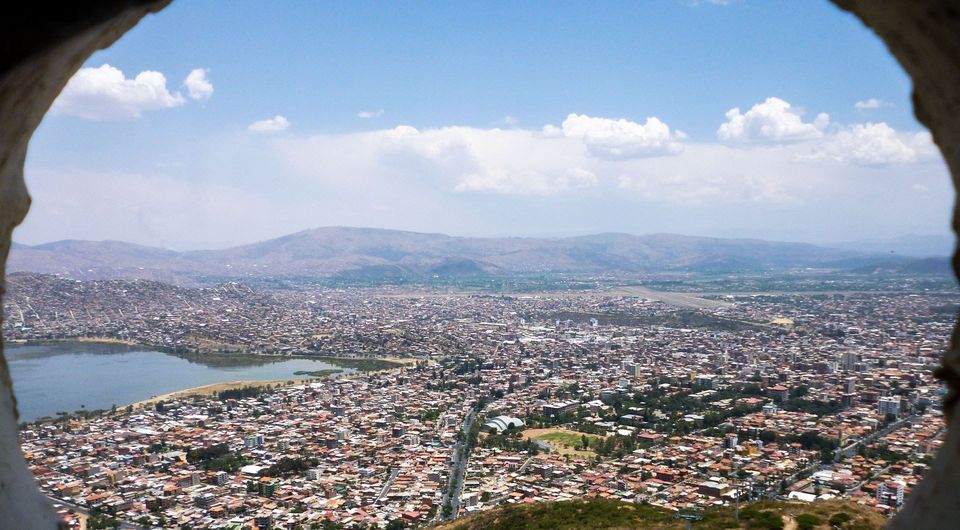Our Research and Impact
Be Part of the conversation. Sign up to our newsletter here!
We will get back to you as soon as possible
Please try again later
Our impact.
To find out more about the impact and growth of our organization, please see our Four Year Impact Report.
Periods and Poverty in the UK.
Download our Research Papers here:
Tackling Taboos Overseas.

The world’s views on menstruation:
Bolivia
africa
uganda
burkina faso
niger
tanzania
asia
Bangladesh
nepal
india
Afghanistan
japan
-
Bolivia
If you eat onions whilst on your period you will get cancer [Fundacion Sodis 2014]
Bathing or touching cold water during your period will cause infertility. [Fundacion Sodis 2014]
It is believed burning a menstrual pad is burning a part of your own body and you will become covered in sores, so they must be buried. [Fundacion Sodis 2014]
-
Africa
UNESCO estimates that 1 in 10 African girls miss school during menses, eventually leading to a higher school drop out rate. (Menstrual Hygiene Day, 2014)
In many parts of Africa it is believed a touch from a menstruating girl or woman will cause a plant to become dry, milk to curdle, and a mirror to lose its brightness (House, Mahon, & Cavil)
-
asia
In South Asia, 20% of the women interviewed, who had access to toilets, refrained from using them during their periods, partly due to fear of staining the toilet (House, Mahon, & Cavil)
32.5% of schoolgirls from South Asia had not heard about menstruation prior to menarche and an overwhelming 97.5% did not know that menstrual blood came from the uterus. (Menstrual Hygiene Day, 2014)
-
INDIA
In India, 66% of girls-only schools do not have functioning toilets. (Menstrual Hygiene Day, 2014)
10% of girls in India believe menstruation is a disease.(Menstrual Hygiene Day, 2014)
In rural India, many women and girls use unsanitary materials such as old rags, husks, dried leaves, grass, ash, sand or newspapers (Menstrual Hygiene Day, 2014)
In some communities, women and girls are not allowed to use water sources during menstruation. In communities in Gujarat, India, 91% of girls reported staying away from flowing water. (House, Mahon, & Cavil)
A study in India found that inadequate menstrual products make girls drop out of school for approximately five days a month, or 50 days a year. With 23% leaving school altogether when they begin to menstruate. (Rose George, WaterSupply and Sanitation Council)
















